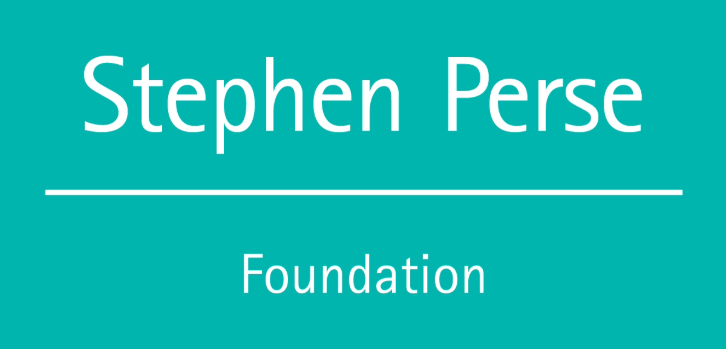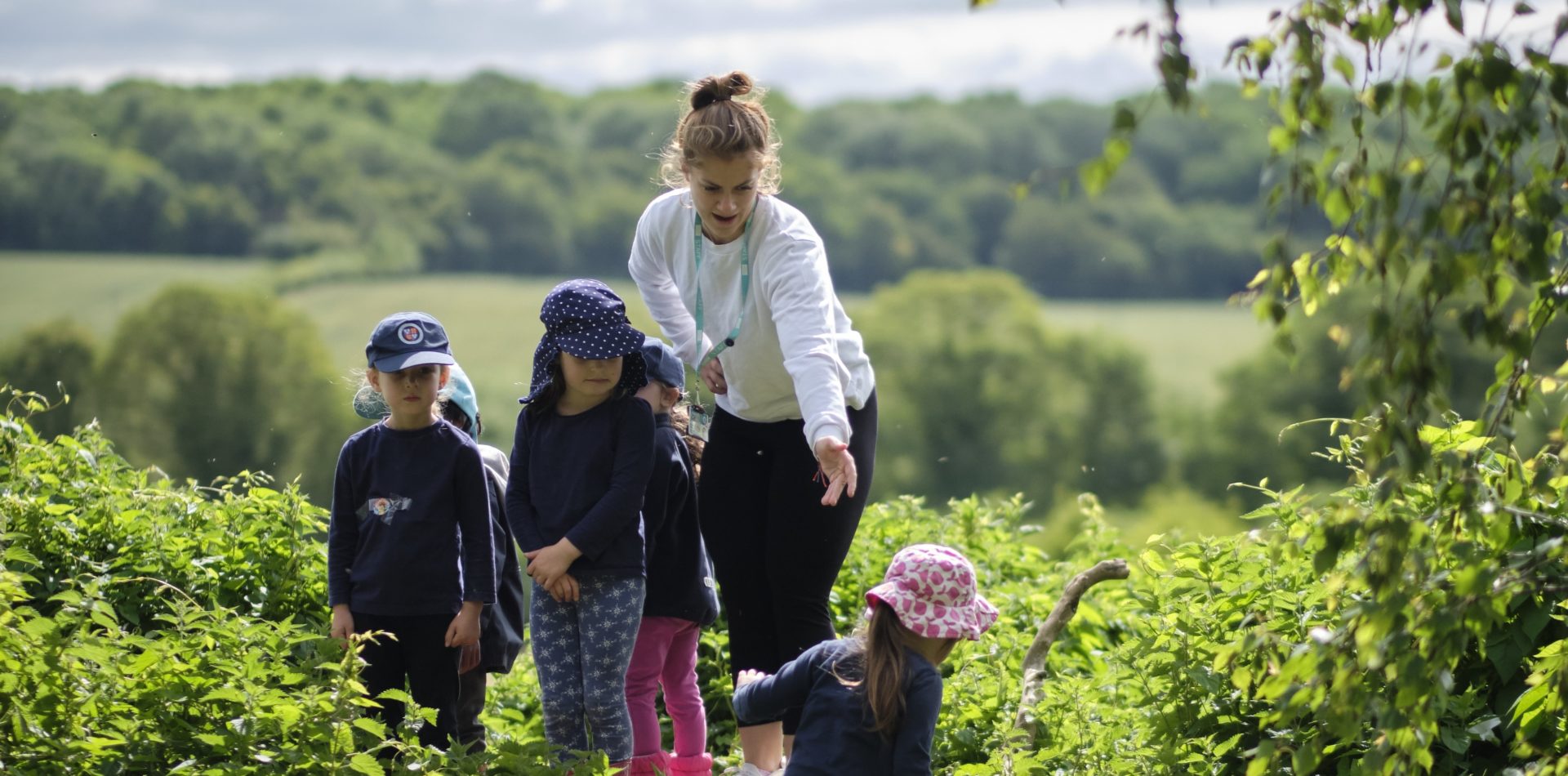Curriculum
Research shows that curiosity is key to self-motivation and academic success (in maths and literacy). So we give our young learners the freedom to experiment, to explore and to create in environments specifically designed to maximise their learning and development.
We work closely with parents, sharing our children’s daily adventures and achievements through an online learning journal – so you can be with your child every step of the way.
Our approach
We encourage active participation and take full advantage of our beautiful indoor and outdoor facilities, making every day a new adventure. Your child will experience everything from gym, dance and yoga to languages, music and Forest School.
We follow the Early Years Foundation Stage (EYFS), which sets standards for the learning, development and care of children from birth to 5 years old. Your child will be supported through this journey by their relationship with their key person.
The key person ensures that your child’s daily experiences are tailored to their needs, interests and stage of development. They will observe and monitor your child and help them feel safe and secure. Your child’s key person is your point of contact, although all of the staff will be building strong and positive relationships with all the children in their care. They will also liaise with you to support learning at home and to build a partnership with you as your child blossoms and grows.
Physical activity
Babies, toddlers and young children need lots of time to play and be physically active each day – it improves wellbeing and it supports their overall learning and development.
So we provide many opportunities for physical activity across all stages of development from 1 to 5, from tummy time for our babies to Forest School for those old enough to put their wellies on!
Our key workers carefully plan activities that promote spatial awareness, fine motor control, accuracy, hand-eye coordination and manipulative strength as well as the development of larger muscle movement – gross motor and locomotor skills, balance, bodily coordination, strength, agility and confidence.
Remember that each baby and child will develop at their own rate, and will learn physical skills when their body is ready. As with everything in our curriculum, we let the children lead their own learning journey.
Sensory play
Sensory play includes activities that stimulate children’s senses such as sight, sound, smell, taste or touch. Children learn about the world around them in a natural way, with sensory activities stimulating the neurons in their brain to make connections, contributing to brain development and helping with all other areas of learning.
Sensory play can be calming and therapeutic, helping children work through their emotions, anxieties and frustrations. Children can also develop social skills by sharing materials, seeing how other children interpret objects, and sharing ideas and new discoveries. It’s lovely to watch them build relationships in this way.
As children become more verbal, they will learn to describe similarities and differences in objects that they see, hear, taste, smell or touch.
Mindfulness in the early years
Young children exist almost entirely in the present moment. They can have very intense feelings – these can sometimes lead to outbursts of anger or frustration, or perhaps being withdrawn.
So it’s important for us to help them identify what they are feeling and how they can take some time out to calm themselves. We use mindfulness on a daily basis to help children gain control of the moment and learn how to be kind to themselves – and others.
Loose parts creativity
Loose parts creativity uses materials and resources that have no pre-planned use and can be moved, combined with other resources, lined up, deconstructed and constructed again. It’s the ultimate release of imagination and creativity.
Cardboard boxes and crates become rockets and vehicles to take us on exciting journeys; pebbles become food cooked in a pan and poured onto plates; tubes may turn into castles. The possibilities are endless!
With this flexibility, the children can explore new ideas, actively learning whilst being creative and thinking critically.
Even at a very young age, children start to learn lifelong skills such as teamwork, problem solving, resilience and negotiation. Most importantly, children have the confidence to try new things without the fear of failure.
Loose parts have no right or wrong way of being used. There is no such thing as failure – just creativity!
Musical experiences
Children of all ages express themselves through music and are often quick to sway, bounce, or move their hands in response to music they hear. So we provide lots of opportunities for children to experience the pleasure and learning that music can bring.
Music helps develop creativity, physical skills and personal and social development as well as language development. It can help children learn sounds and the meanings of words. Moving to music helps develop both gross and fine motor skills and music can strengthen children’s memory skills. So we encourage the children to dance and respond in their own way to the wide range of music they hear.
Role play
Role play is an important part of child development, building confidence, creativity, communication, physical development and problem solving. It also allows children to act out real life situations and roles, encouraging them to take risks and be creative with the role they are playing.
A typical day in the nursery
07:30 Breakfast
08:30 Indoor/Outdoor Play
09:45 Nappy Check
10:00 Morning Snack
10:15 Indoor/Outdoor Play
11:30 Lunch
12:30 Nappy Check
12:30 Indoor/Outdoor Play
14:00 Afternoon Snack
14:15 Indoor/Outdoor Play
15:00 Nappy Check
16:30 Little Tea
17:30 Nappy Check
17:30 Quiet Play, Stories and Home Time
The School Day- Kindergarten and Reception
7.30am Breakfast club
8.00am Early stay in the children’s classrooms
8.20am Registration
8.30am Lesson 1
9.10am Lesson 2
9.50am Lesson 3
10.30am Morning snack and break
10.50am Lesson 4 Read Write Inc (Phonics teaching)
11.30am Lunch
12.10pm Outdoor play
12.50pm Registration/Child led learning
1.30pm Lesson 6
2.10pm Lesson 7
2.50pm Assembly or Story Time
3.15pm End of Day for Dame Bradbury’s Kindergarten and Reception
3.30pm End of Day for Madingley and Salisbury Villas Kindergarten/Reception
3.30pm Kindergarten and Reception Late Stay
6.00pm End of Late Stay

